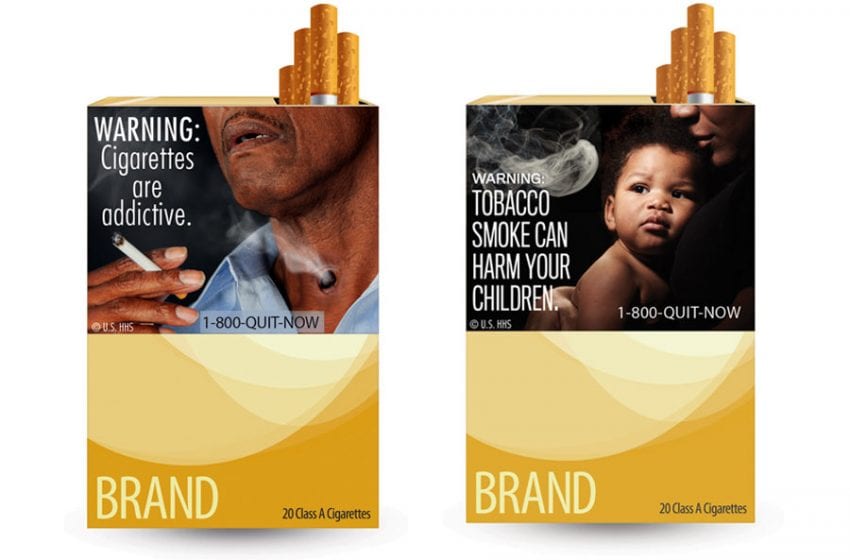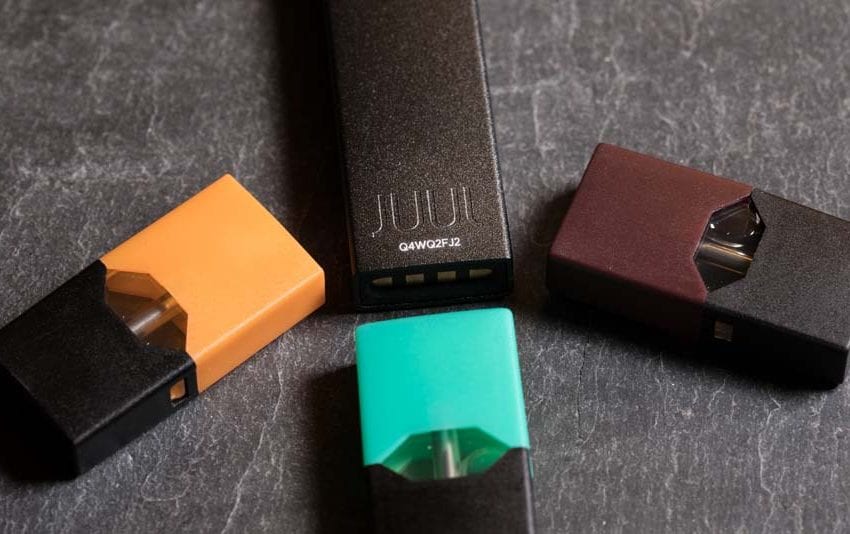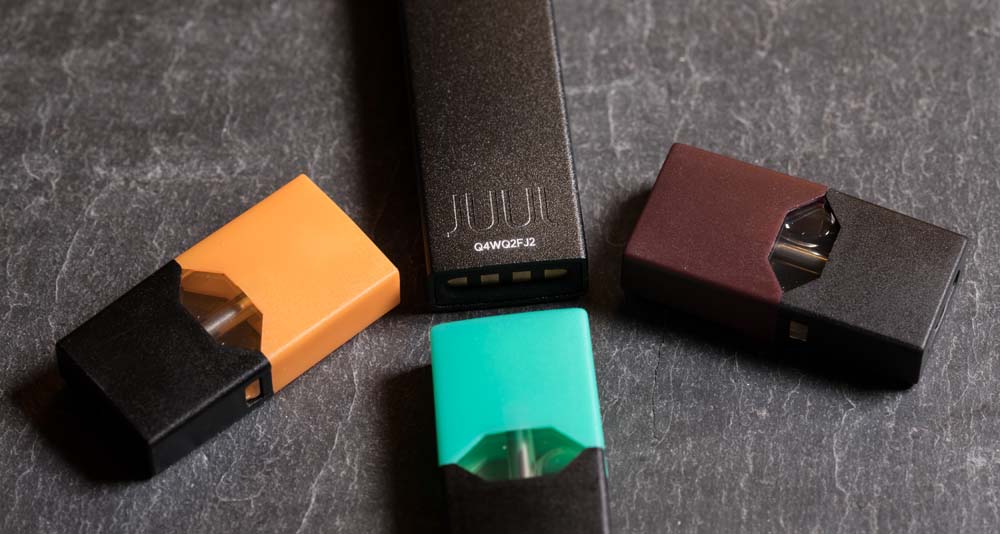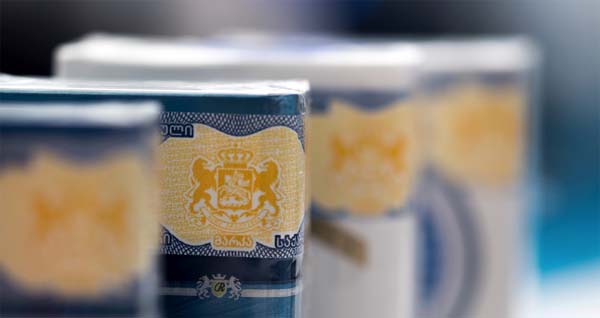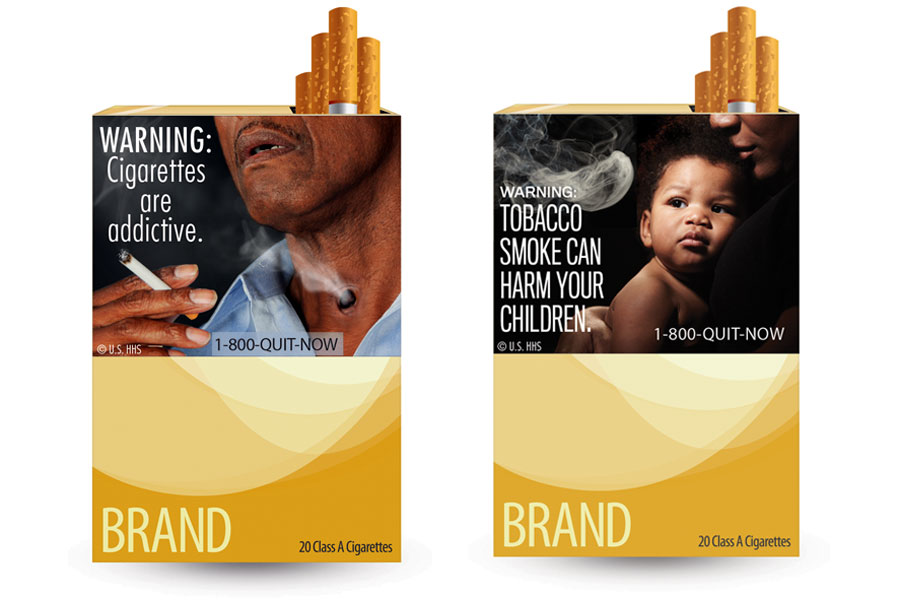
Tobacco companies have asked a Texas federal court to further postpone the effective date of the U.S. Food and Drug Administration’s (FDA) new requirement for graphic warning labels on cigarette packs, citing unanswered questions about the validity of the rule, according to a report by Law360.
R.J. Reynolds Tobacco Co., Liggett Group and ITG Brands, along with cigarette retailers, told U.S. District Judge J. Campbell Barker that he should delay the rule’s effective date, currently Oct. 16, 2021, for 90 days to Jan. 14, 2022.
The companies argued they would suffer irreparable harm if they were forced to spend millions of dollars to comply with a rule that will soon be invalidated.
Judge Barker had already pushed the rule’s effective date back once in light of the Covid-19 pandemic, following a request from the FDA. In a May 8 order, the judge delayed the date from June 18, 2021, to Oct. 16, 2021.
In March, the FDA released a final rule requiring new graphic warnings for cigarettes that feature some of the lesser-known but still serious health risks of smoking, such as diabetes, on the top half of the front and back of cigarette packages and at least 20 percent of the area on the top of cigarette advertisements.
In April, the cigarette manufacturers and retailers sued the FDA, arguing that the graphic warning requirements cross the line into governmental anti-smoking advocacy. The FDA has a motion pending to either toss this case or transfer it to Washington, D.C., where a similar case has been filed.
Judge Barker has given the FDA, which opposes the additional deadline extension, until Wednesday to file a response to the motion.

